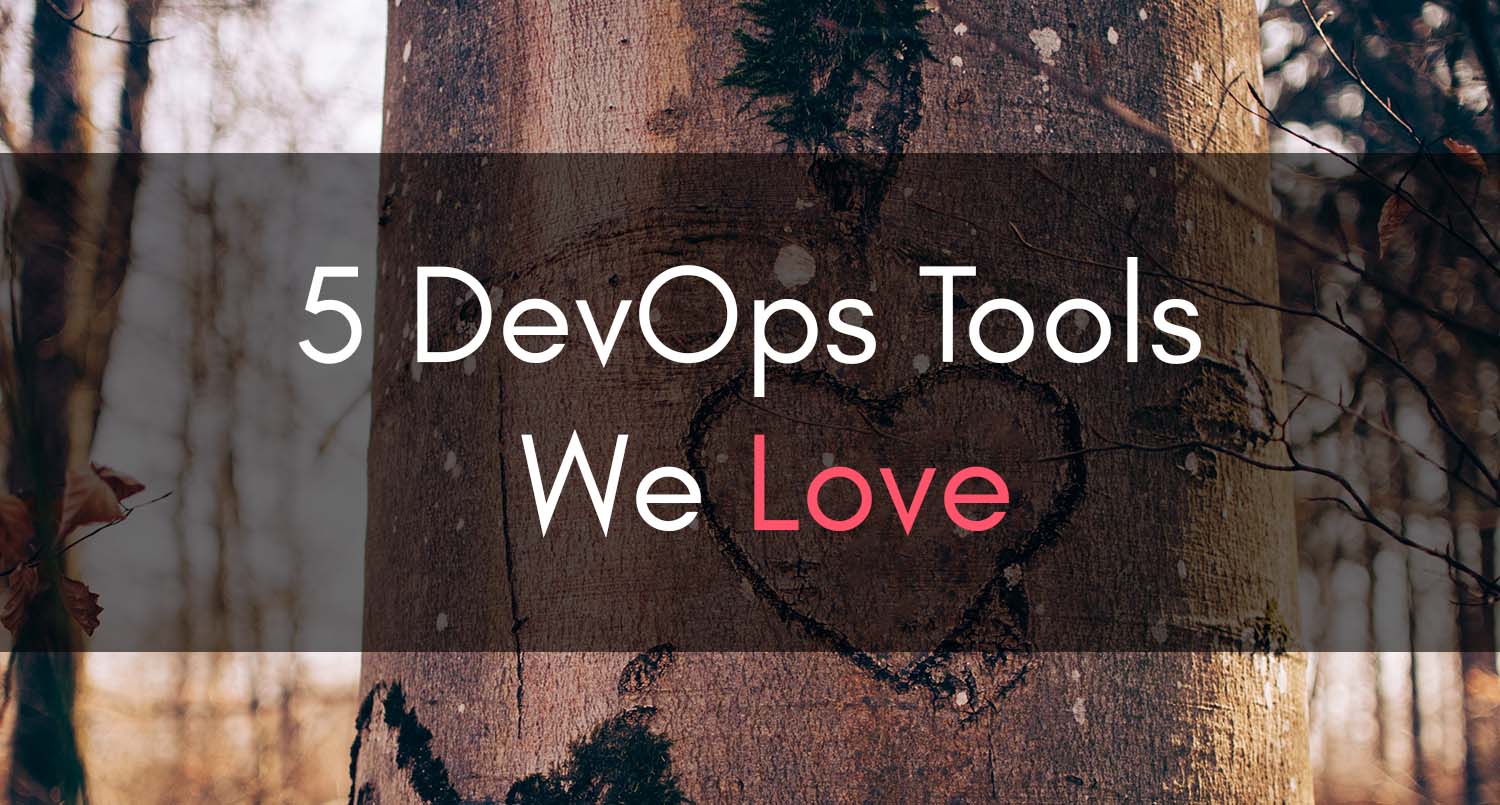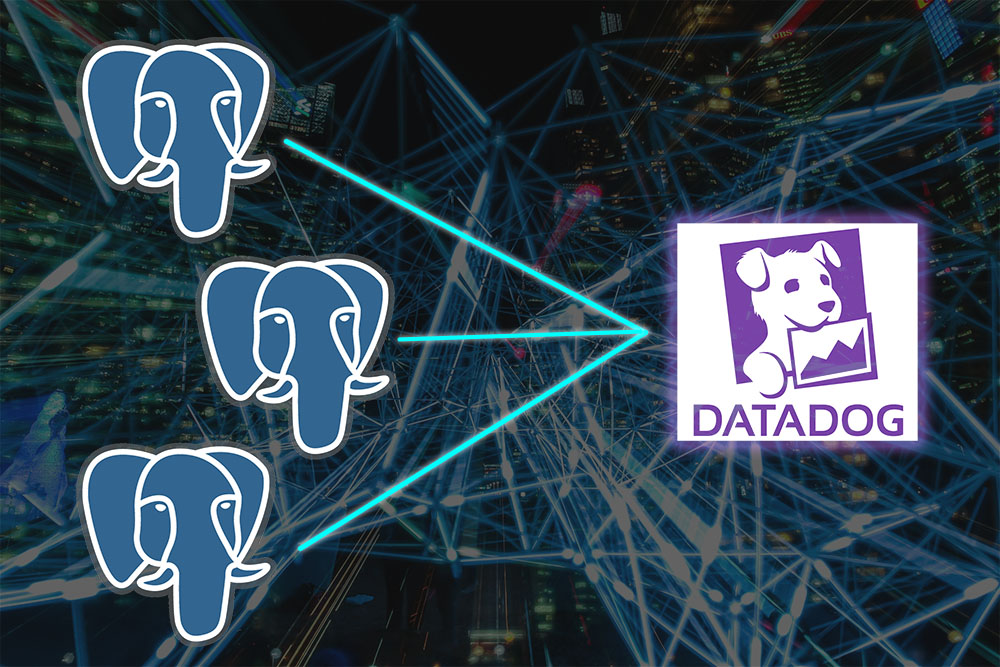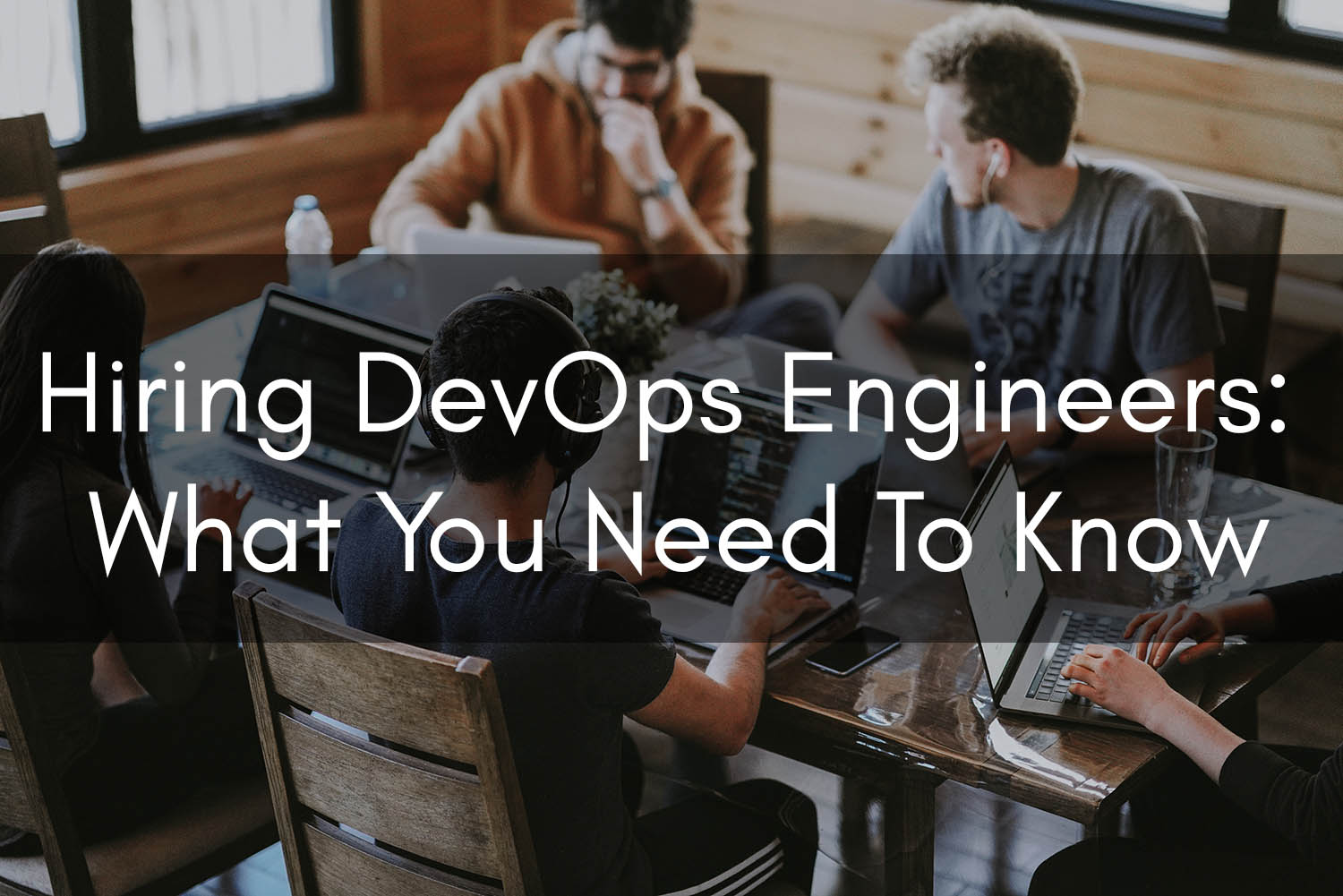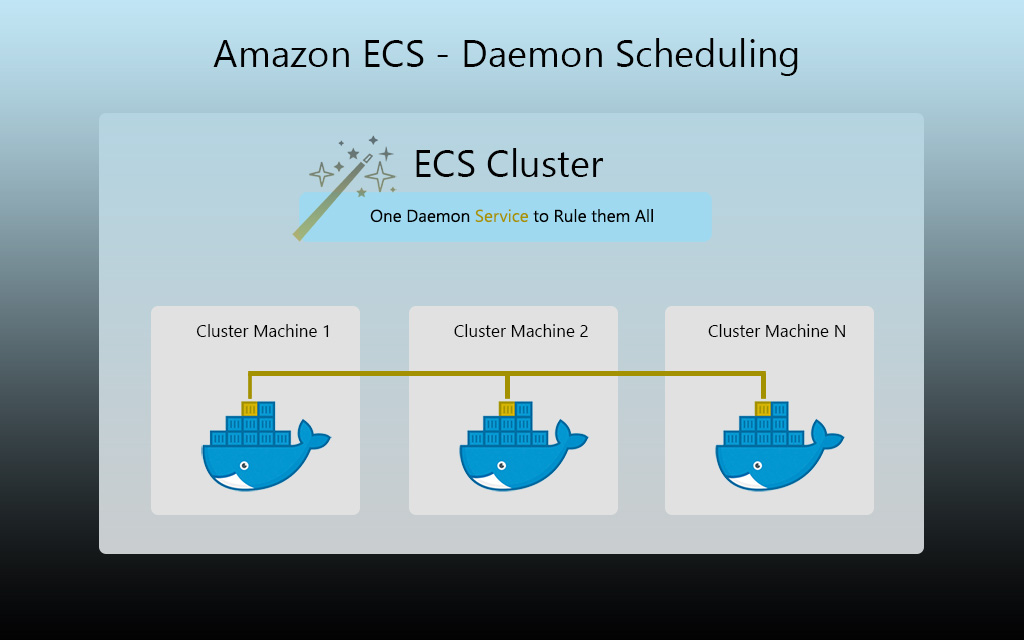DevOps Interview Questions

I work at a staffing agency. Day in and day out, I get to hear our recruiters prep candidates as best as they can for their upcoming interviews – as any good recruiter should. However, there’s only so much a recruiter can do. A lot of the prep work falls on you, the candidate.
However, some candidates show up to their interviews completely unprepared, unable to answer questions as simple as “why do you want to work here?” and “can you tell me what we do?”
I personally find it surprising when candidates don’t prepare for something as life-changing as a new job. A new job is a big investment of time, money, hard work, and more – however, I’ve seen people research much more thoroughly and carefully a purchase on Amazon than a company they may dedicate years to.
If you’re not interested in help on basic research topics, feel free to skip down to the DevOps-specific prep help section.
Basic Research
When it comes to interviewing preparation, some research is universal, no matter the industry. This research concerns the company.
Spend a good 10 minutes on the company’s website. Scour the About Us section, and familiarize yourself with these items:
The company’s products or services
Obviously, you should be able to speak intelligently to what the company does. Read about the core product or service. Download a whitepaper. Browse knowledge bases and FAQs. Get as much knowledge as you can about the product and how you personally can impact it positively.
Questions you may be asked:
- What do you know about what we do?
- What can you tell me about our core product?
- What’s one thing you could improve about our product, if we brought you on?
Things you can bring up to get brownie points:
- One of the things that really stood out to me about you guys is how intuitive your products are. I think adding X feature would be beneficial to our userbase, and here’s how I could personally help implement that.
- I read the whitepaper you posted when X product came out – my favorite feature is Y. Do you have any plans to release Z?
These ideas are meant to highlight what drew you to the company and why you want to be part of it. If you don’t genuinely feel this excitement and passion, perhaps this isn’t the right company for you.
The company’s history
Take a few minutes to peruse the history of the company. You don’t need to get super involved with the history, but you should know basic facts, such as who the founder is, how long the company has been in business, and how many employees currently work there. If the company website is bare in this subject, this information should all be readily available on Glassdoor – provided the company has an account.
It can be surprising to learn that a smaller company like Datadog has clients as big as Whole Foods, for example. So a suggestion could be to browse the company’s clients and see if you can spot something cool to mention.
Questions you may be asked:
- Did you read anything about the company? What can you tell me about us?
- Do you know who our target market is? Who is our biggest client?
Things you can bring up to get brownie points:
- I had no idea you guys had X as a client – that’s so cool! What has it been like working with them?
- I saw you guys used to be headquartered in X city/state. What made you relocate here?
The idea, again, is to pick up on something cool that other candidates may not have. Find a detail about the company’s history that surprised you, and ask your interviewer about it. It’s refreshing to get uncommon ‘fun fact’ type questions.

The company’s mission
Read the company’s mission statement. Does its values align with yours? Do you think this will be a good culture fit for you? Jobs go both ways – it’s not just about how your skills fit the company, especially nowadays where it’s a candidate’s market. You need to ensure you’ll be happy there as well. And while I understand that sometimes mission statements end up just being fluffy lip service (in super toxic environments), generally speaking, companies do tend – and try – to adhere to their mission statements.
Questions you may be asked:
- Do you know what the company’s mission is?
- How does the mission statement align with you?
- Is X value important to you?
Things you can bring up to get brownie points:
- This company has a great mission that really aligns with my values. I pride myself on my integrity, and want to work at a company that embodies that as well.
- Do you hire for culture fit? I want to work at a company where the employees truly live the mission.
- How do you ensure employees keep staying true to the company’s mission?
The company’s leadership team
Most companies have a ‘meet the leadership’ section where key executives will appear with a photo and possibly (hopefully) a bio. Familiarize yourself with the CEO and, if you’re interviewing with a C-Suite, read up on them too. Peruse their LinkedIn profiles. What volunteer work are they into? Do they play the same sport as you? Is there anything outside of work that you can relate with them on? At smaller companies, sometimes the CEO tags along in interviews, so it’s good to know something about them to bond with.
Questions you may be asked:
- Do you know who our CEO is? What do you think about them? Why do you want to work with them?
- Do you believe in the CEO’s mission?
Things you can bring up to get brownie points:
- I think it’s so cool that you practice underwater basket weaving – so do I! What got you into this super obscure hobby?
- I’ve heard a lot about [CEO] – s/he seems like a great person that practices what s/he preaches. Working with her/him would be a great experience.
The job posting
We’re going deeper! The fun part about the interview is showing how knowledgeable you are about what the position would entail. Understanding of tasks is crucial.
I was in an interview once for a Project Manager position with 2 VPs and 2 managers. The interview was going great, with one of the VPs actually telling me how impressed he was. He then flipped and asked me “Ok, so this is all really great, but I want to make sure you really understand what you’d be doing on a daily basis. Walk me through a project from end-to-end.”
Because I was well-prepared, and because I had gleaned additional knowledge in our conversation, I was able to answer his question intelligently, and he was once again impressed. I cannot stress enough the importance of understanding, at least at a high-level, what you’d be working with on a daily basis, and what you’d be doing.
While this can be a bit more abstract in DevOps due to the fact that DevOps does everything, the job description and technical requirements should give you enough information to be able to ask your interviewer some good questions.
Questions you may be asked:
- I want to see how well you understand your position… Take me through what you’d be doing at a macro level.
- Tell me how you’d spend your first 30 days here.
- Do you have any issues being a part of an on-call rotation? Do you have any experience with being on-call? Have you used X escalation tool (PagerDuty, VictorOps, etc.)?
- Have you ever worked with X or Y software or infrastructure before?
Things you can bring up to get brownie points:
- Can you give me a good idea of how DevOps engineers currently split their time?
- Do we get any creative freedom to come up with and present new solutions?
- How long have you all worked here? How do you feel about the culture?
- What is your general management style once trust has been established?
- What is your favorite scripting language to use here?
- Have you guys ever looked into X software to solve Y problem?

DevOps Interview Preparation
We’ve gone over the basics – now, let’s share with you DevOps-specific research you should be doing. DevOps has a pretty broad reach in terms of what technologies are leveraged, so questions will range anywhere from cloud computing to automation, scripting, development, operations, CI/CD, database engines, infrastructure as code, etc. It’s incredibly broad – but the below questions should give you a good idea of what to expect and what to prepare for.
Questions you may be asked:
- Scenario-based questions are big in DevOps:
- Let’s say you have a web application that suddenly starts throwing 502 status codes in the middle of the night. In the case of a load-balanced application that’s hosted on EC2 instances, what sequence of steps would you take to diagnose the issue?
- What are some of the differences between a tool like Terraform vs. CloudFormation? What are the pros and cons of using one versus the other?
- You have two applications in two AWS VPCs (A and B) which reside in different AWS accounts. Would you please walk me through the steps necessary to enable VPC A to send and receive communications from the application in VPC B in a secure fashion?
- Let’s say that your Jenkins server is running on an EC2 instance in AWS. Suddenly, the instance starts failing its status checks in AWS and the instance won’t reboot. What steps would you take to remediate this issue?
- Consider the following: a colleague has provisioned a new load balancer in AWS and they created an alias record to point to it. When you navigate to the site, you notice that Chrome is throwing an SSL name mismatch error. How might you go about debugging this?
- You’re working on a Git project and tried to push one of your branches, but you noticed that you have merge conflicts, as code changes have been made upstream. What steps would you take to reconcile the code?
- Since most companies now are either moving to the Cloud or are already there, you can expect a hearty amount of questions regarding said provider’s services. If there are certain services that are specifically mentioned in the job posting, try to do a refresher on them if you’re not comfortable. I’ve always found interview preparation to be a learning experience, even if you don’t get the job. Sometimes, if you’re a senior engineer and you know you’re familiar with all of the technologies that are part of the job, little studying may be necessary. For most of us though, it’s always good to get a refresher.
- Tell us about an automation project that you owned from start to finish. What were some of the challenges that you had to overcome?
- Personally, when I interview prospective SREs or DevOps engineers, I ask scripting questions. I’ve dabbled with a plethora of programming languages, so I’ll ask which ones they’re most comfortable with and then dig in a bit. As a simple example: In Python, how would you go about making a web request to a public REST API, looping through the results and building a CSV file out of some of the fields?
- Disagreements are sometimes necessary for change, but we can’t let ourselves get too caught up in them. Consider a scenario where you and a developer or fellow DevOps member had a philosophical disagreement regarding how something should be approached. Each party feels strongly about what they think. What would you say to your colleague to move forward in that situation?
- From your perspective, what is the best way to maintain consistency between the configuration of cloud infrastructure that’s provisioned to multiple environments?
- Can you please tell us what some of the different types of DNS records are, and when you might use each of them?
- How would you go about adding a CRON job to a server that runs once an hour?
- What are some things you might look at to diagnose why a MySQL or Postgres server’s CPU utilization is at 100% for an extended period of time?
Things to bring up to get brownie points:
- If you’re passionate about what you do, let it shine! If you have a prior experience that you can relate to a question, tie it into your response. This establishes that you have experience in the matter and in some cases can humbly unveil your seniority in a topic.
- Come prepared with a list of accomplishments and give a good amount of details. Be prepared to answer questions on it, but also don’t try to fudge your answers. It’s always better to say that you don’t recall what you needed to do than to give a bogus answer. An interview is a trust-building process; your character and experience are amongst the foundation of your chances in getting the job.
- Be honest. It sounds simple, but being frank about things that you don’t have experience with is ok. If it’s a necessary aspect of the job, you can divert the hit to your chances by explaining that you’re genuinely interested in learning it. In the world of DevOps, we don’t know everything. Heck, I learn something new every day. Being able to, and having the determination to pick up new things, is essential for a successful career in DevOps.
- Get certifications for the types of technology you want to work with. Now, I want to be clear: certifications aren’t everything, especially in DevOps. I have interviewed several people with certifications that sounded book-smart but weren’t really able to apply what they learned to the real world. Certifications are, however, a good way to show that X technology is important to you and that you have a genuine interest and commitment to learning it.
- Tell your interviewers about some of the most difficult challenges you’ve had to face, along with the automation you wrote to solve them, if applicable.
- As questions are being asked, if applicable, tie your understanding of DevOps into your answer and how you see yourself taking responsibility for solving problems. Accountability is a huge aspect of DevOps. We’re looking for folks that are willing to take on ownership.
- Show that you’re a team player. If any questions pop up that tie into interpersonal scenarios, show that you’re willing to accept decisions that are made at a team level. For example, if you disagree with a group of colleagues on how something should be done, if the general consensus is to go a certain route, it’s ok to say, “ok, if that’s what we think should be done as a team, I’m on board.”
These are very obviously a small sample of the questions you should expect and prepare for. Any interviewer worth their salt will ask questions within each area you’ll touch, so again, read the description to pick out which realms of responsibilities you’ll manage.
I touched on this before, but remember: it’s ok if you don’t know the answer. Just be honest about it.
Good luck in your search, and I hope this quick guide helps!
-- About the Author
About the Author
Roxanne Williams is a tech/marketing professional in Florida. She has experience in Project Management in both IT and Marketing capacities.
She writes about hiring, marketing, and technology.
Find her LinkedIn here.












